
Waves of change
A coastal dweller, surfer, and new free diver, Lilly Woodbury is committed to intersectional environmentalism and climate justice. She earns an MA from UVic's School of Environmental Studies.

A coastal dweller, surfer, and new free diver, Lilly Woodbury is committed to intersectional environmentalism and climate justice. She earns an MA from UVic's School of Environmental Studies.
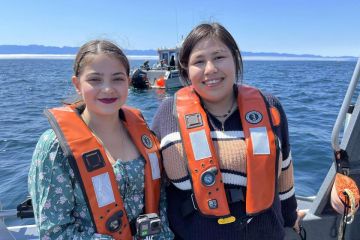
A summit of young Inuit leaders from Tuktoyaktuk, Northwest Territories, chose UVic to exchange ideas on how Indigenous practices can both provide solutions to the changing climate and elevate youth voices.

A global UVic research partnership will design and advance a sustainability framework to integrate Indigenous knowledge into sustainability projects.
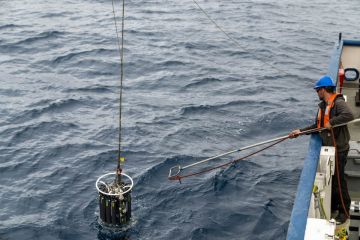
Ocean Networks Canada (ONC) has recorded the highest daily average summertime temperatures at two of its seafloor observatory sites in the northeast Pacific Ocean since continuous live monitoring started there in 2009.
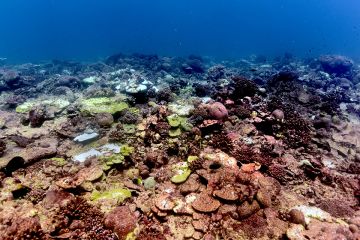
As the world grapples with hot ocean temperatures, new UVic research shows marine heatwave coral impact is worse than we thought before.
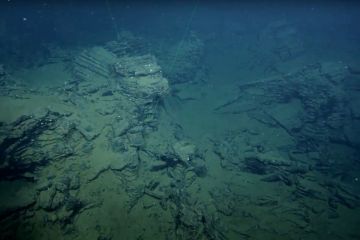
Injecting CO2 into ocean basalt has almost no risk of triggering seismic activity like earthquakes or fault slip according to new research from Solid Carbon, a climate change mitigation project.
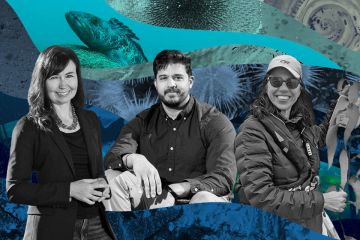
For 60 years, multiple experiences of UVic students and researchers across disciplines have been shaped by the ocean. From a campus that’s a few short steps from coastline, our engagement with the global ocean has defined UVic research and its breakthroughs.
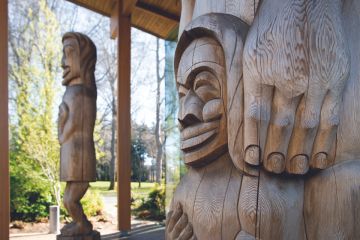
June is National Indigenous History Month in Canada, a time to recognize, learn about and celebrate the rich history, heritage, resilience and diversity of First Nations, Inuit and Métis Peoples.

UVic is 1st in Canada for climate action and in the global top 10 for impact, according to the 2023 Times Higher Education Impact Rankings. THE scores universities and colleges for how they are responding to UN goals to end poverty, protect the planet and ensure peace and prosperity.
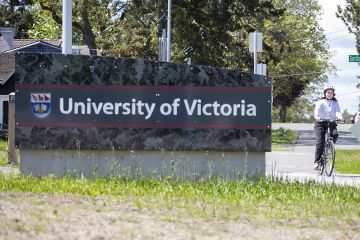
The University of Victoria’s cycling network is about to see some major improvements thanks to new funds from the Government of Canada.
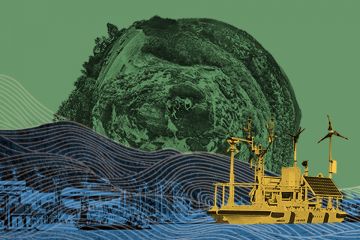
With a $83.6-million boost, UVic will lead a will lead a national, multi-partner research initiative that will help get Canada to net zero—one community at a time.
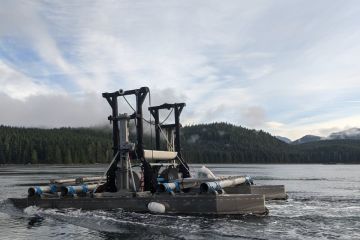
FAQ on clean energy transition. With a $83.6-million boost, UVic will lead a will lead a national, multi-partner research initiative that will help get Canada to net zero—one community at a time.
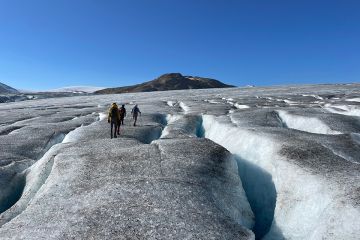
UVic’s new BSc in Climate Science is unique in North America, linking science and social sciences to prepare students to face the future with skills that turn climate science into real action.
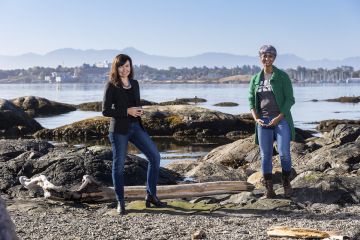
The University of Victoria is launching a first-of-its-kind Canadian graduate training program that will capitalize on UVic’s climate research excellence to prepare the next generation of graduate students with the transdisciplinary skills and experience they will need to tackle the climate crisis head-on.
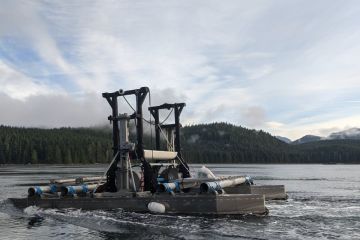
BC's West Thurlow Island boasts world-class natural beauty as well as a bounty of potential tidal energy reserves—completely untapped until a unique UVic-led community partnership started work proving the viability of reliable clean energy systems for BC’s off-grid coastal communities.
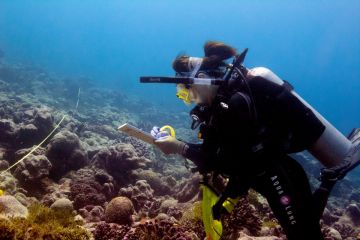
Marine heatwaves triggered by climate change pose an imminent threat to the world’s coral reefs. But most reefs are also exposed to local stressors, ranging from coastal development, pollution and overfishing. Few studies take into account how stressed-out reefs respond to heatwaves until now.